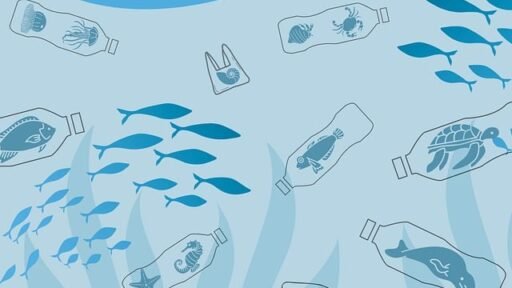## The Weight of the Issue: Plastic Pollution and You
We get it. You’re busy building your career, maybe starting a family, and trying to stay afloat in a world that feels like it’s constantly changing. The last thing you need is another lecture about saving the planet. But here’s the thing: plastic pollution isn’t just an environmental issue; it’s impacting your health, your wallet, and your future.

## ## The Current State of Plastic Recycling: A Global Snapshot
Let’s face it, the current recycling system is broken. Globally, only about 9% of plastic ever produced has been recycled. The rest? It’s piling up in landfills, polluting our oceans, and even ending up in the food we eat.
### ### The Challenges We Face
Several factors contribute to this dismal recycling rate.
* **Complex Material:** Not all plastics are created equal. Different types require different recycling processes, and many products use mixed plastics, making them incredibly difficult to recycle.
* **Contamination:** Food residue, liquids, and other contaminants can render entire batches of recyclables unusable.
* **Lack of Infrastructure:** Many regions lack the facilities and infrastructure to process plastic waste effectively.
* **Economic Viability:** Virgin plastic is often cheaper to produce than recycled plastic, making it less appealing to manufacturers.
## ## Rethinking the Future: Policy as a Catalyst for Change
While the challenges seem daunting, there’s hope on the horizon. Governments and organizations worldwide are recognizing the urgency of the plastic crisis and are implementing policies to drive change.
### ### Extended Producer Responsibility (EPR)
EPR schemes hold producers accountable for the entire lifecycle of their products, including end-of-life management. This means companies are financially responsible for collecting and recycling their plastic packaging, incentivizing them to design more sustainable products from the get-go.
### ### Single-Use Plastic Bans and Taxes
From plastic bags to straws and cutlery, single-use plastics are a major culprit in the pollution crisis. Bans and taxes on these items are becoming increasingly common, encouraging consumers to adopt reusable alternatives and prompting businesses to explore innovative solutions.







